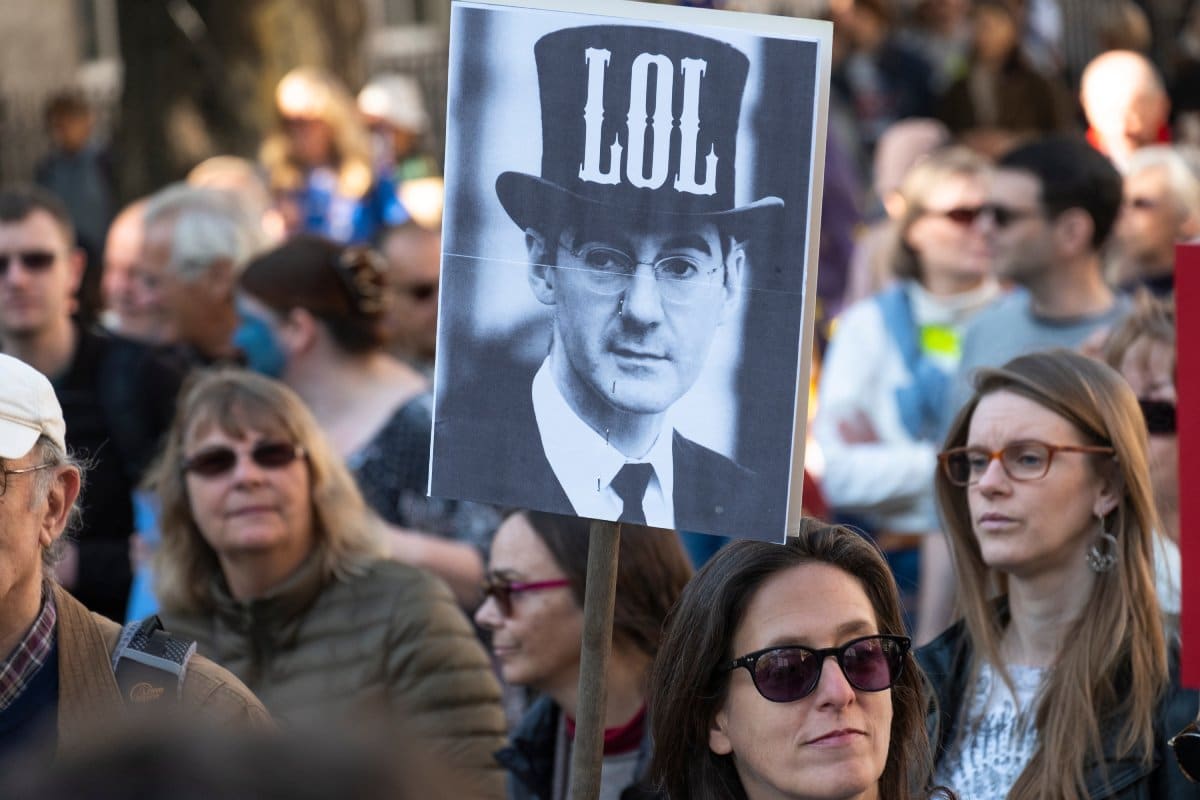A protest against Jacob Rees-Mogg at Cardiff University has reignited debate on the boundaries of political activism and the treatment of elected officials. Here’s the full story.
Amnesty International

Protest is one of the many human rights under threat in the UK, as revealed by Amnesty International’s annual report, which was scathing of the government’s crackdown on legitimate protests and protesters.
Sweeping New Powers
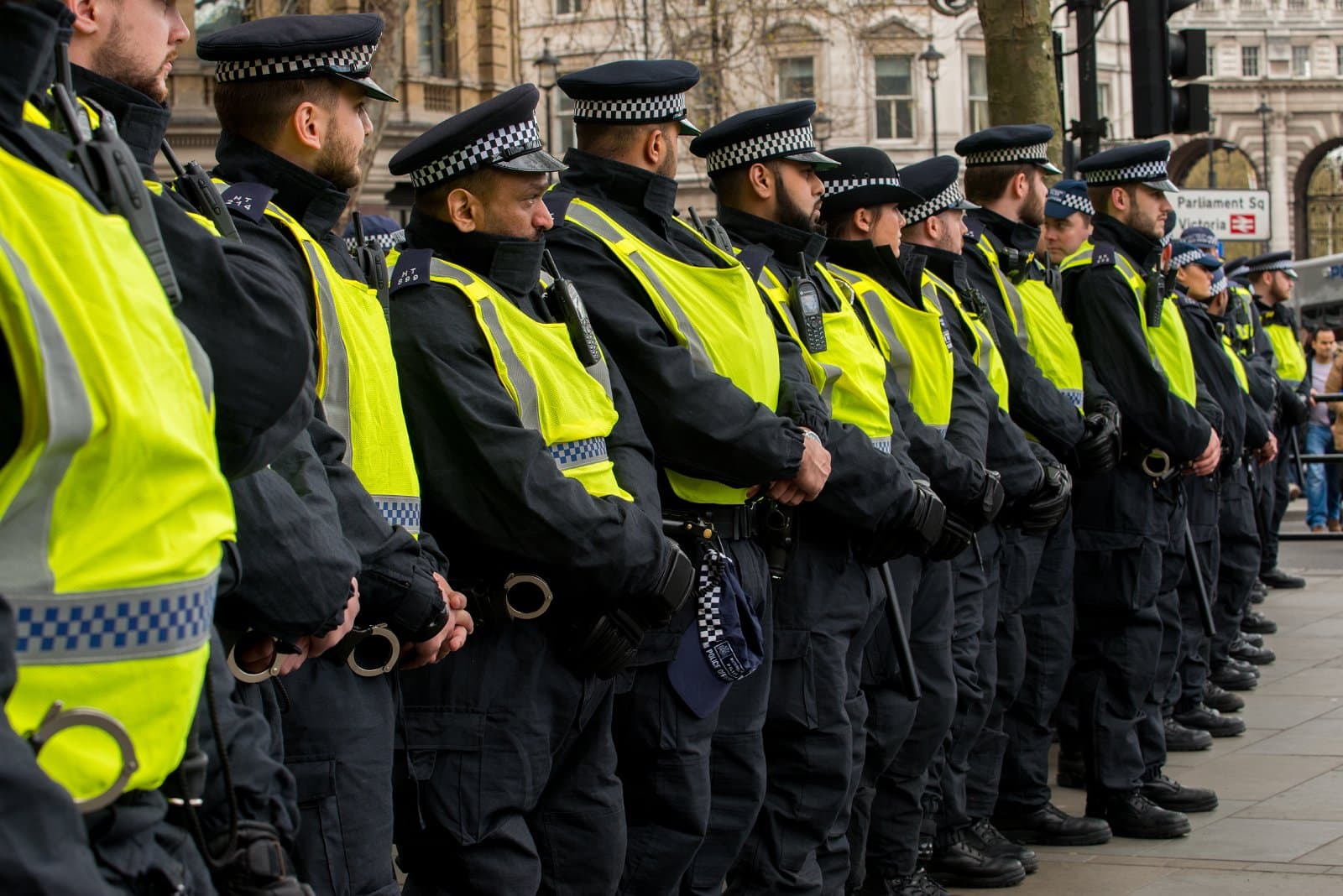
The police have been given sweeping new powers to control protests, and there has been much discussion in the UK’s predominantly right-wing newspapers about what type of protests are appropriate.
Boundaries of Protest

Recently, a demonstration at Cardiff University against Sir Jacob Rees-Mogg, organised by pro-Palestine activists, has reignited discussions surrounding the boundaries of political protests and the treatment of elected officials.
Centre of Controversy

Rees-Mogg, the hard-right Brexiteer, Conservative MP and former Cabinet minister, found himself at the centre of controversy after a group of protesters confronted him following a speaking engagement at the Cardiff University conservative society.
Palestinian and Communist Flags

The demonstrators, who were waving Palestinian and Revolutionary Communist flags, shouted at Rees-Mogg as he was escorted to his vehicle by security guards.
Widely Condemned
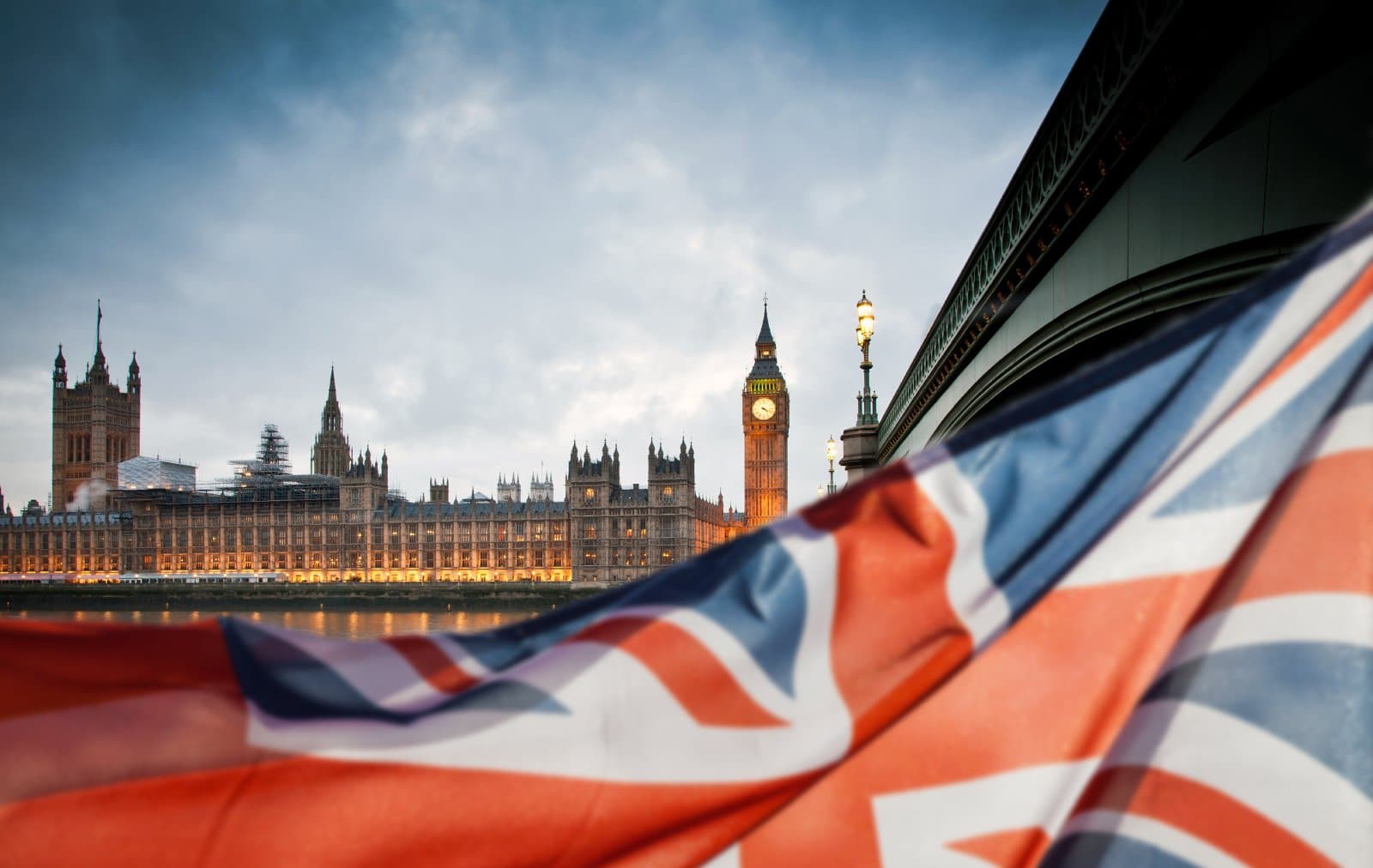
The peaceful protest against a sitting member of parliament who had security protection was immediately condemned by voices from across the political spectrum.
“Do It a Disservice”
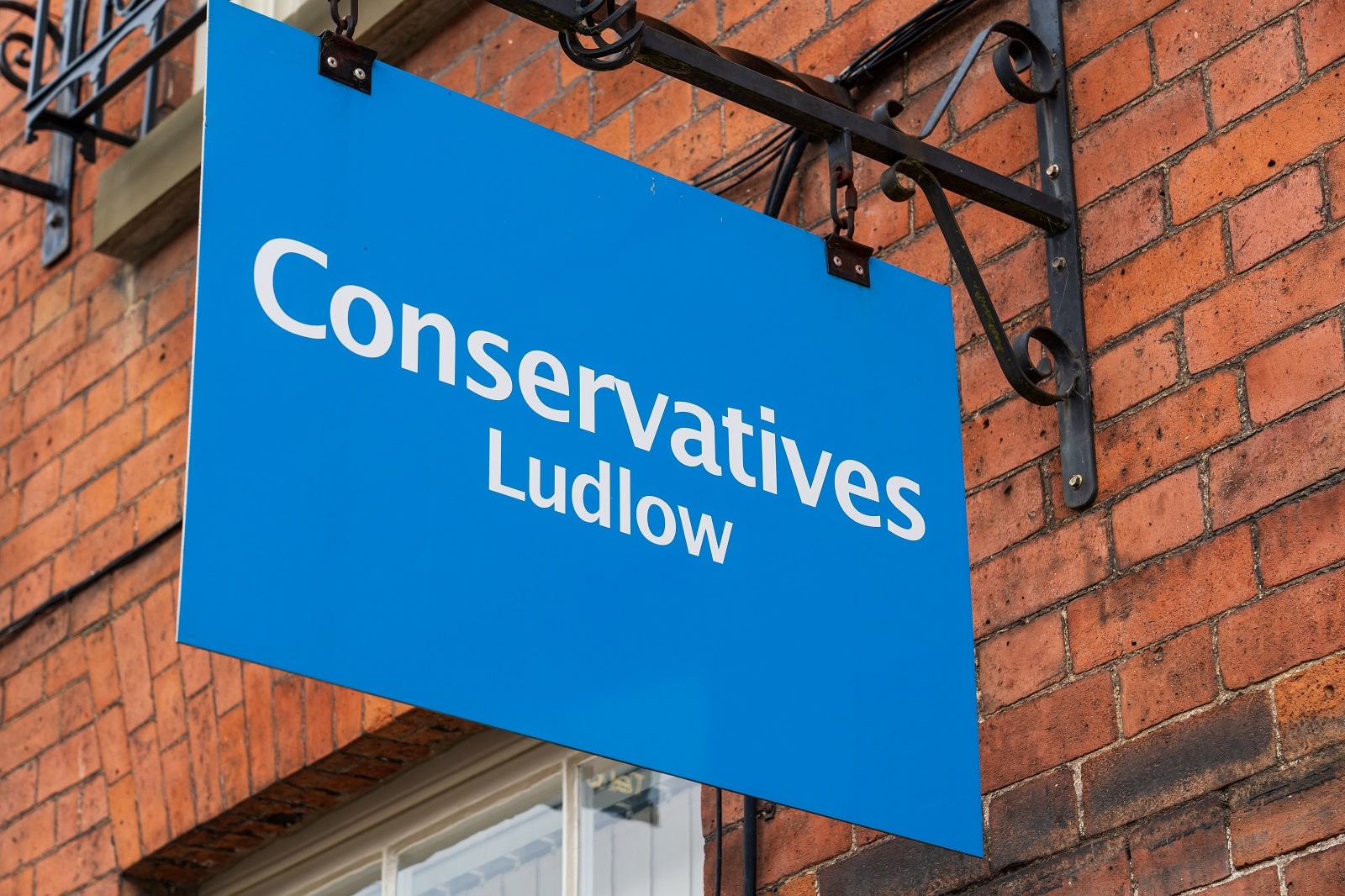
Richard Holden, the Conservative Party chair, criticised the protesters, writing online, “How silly of these m***** – whatever they think their cause is, they do it a disservice.”
“Shrill Intimidatory Idiocy”
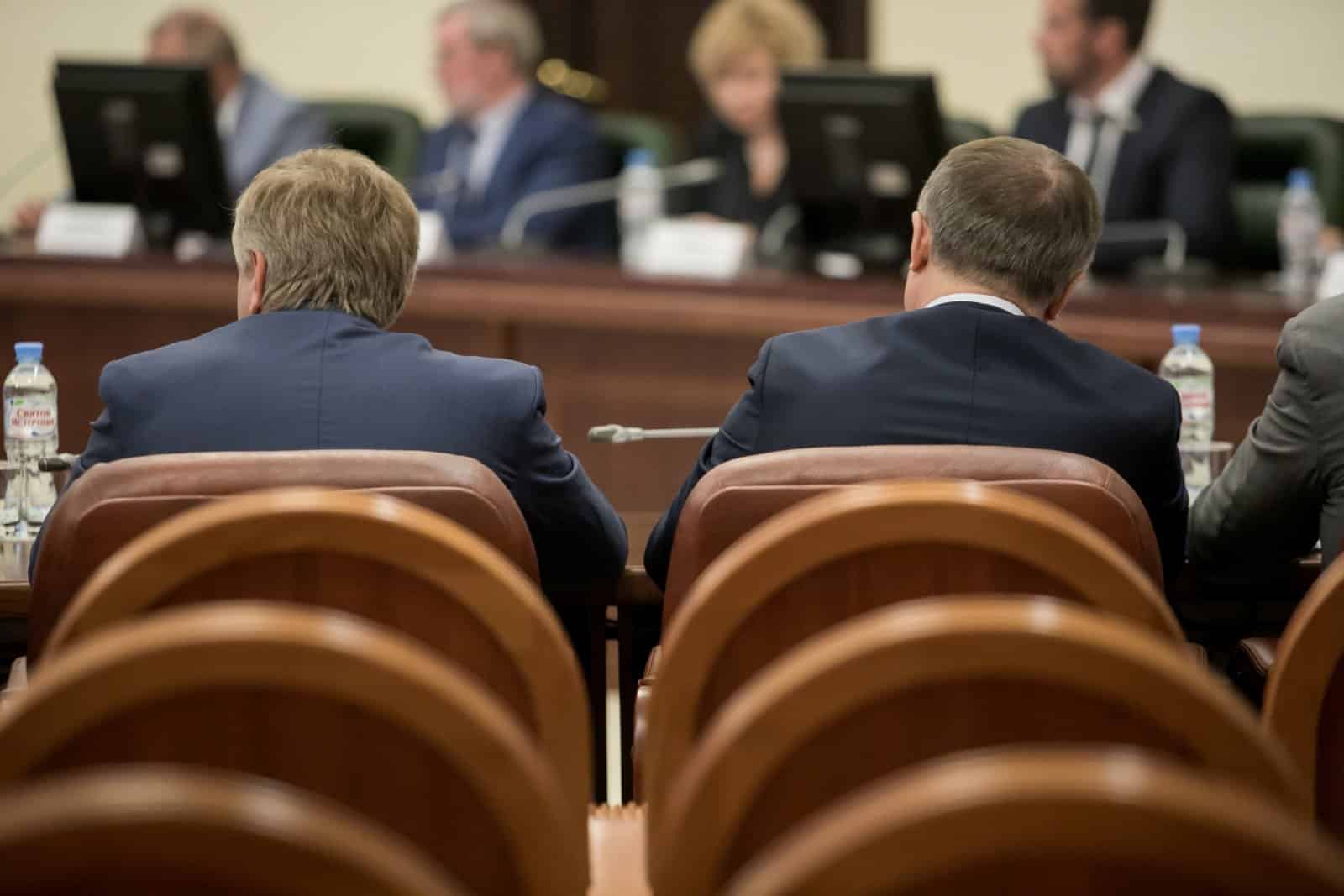
He continued, “I’m sure @Jacob_Rees_Mogg will have taken it in his stride but no elected politician should have to put up with this shrill intimidatory idiocy.”
“Culture of Intimidation”
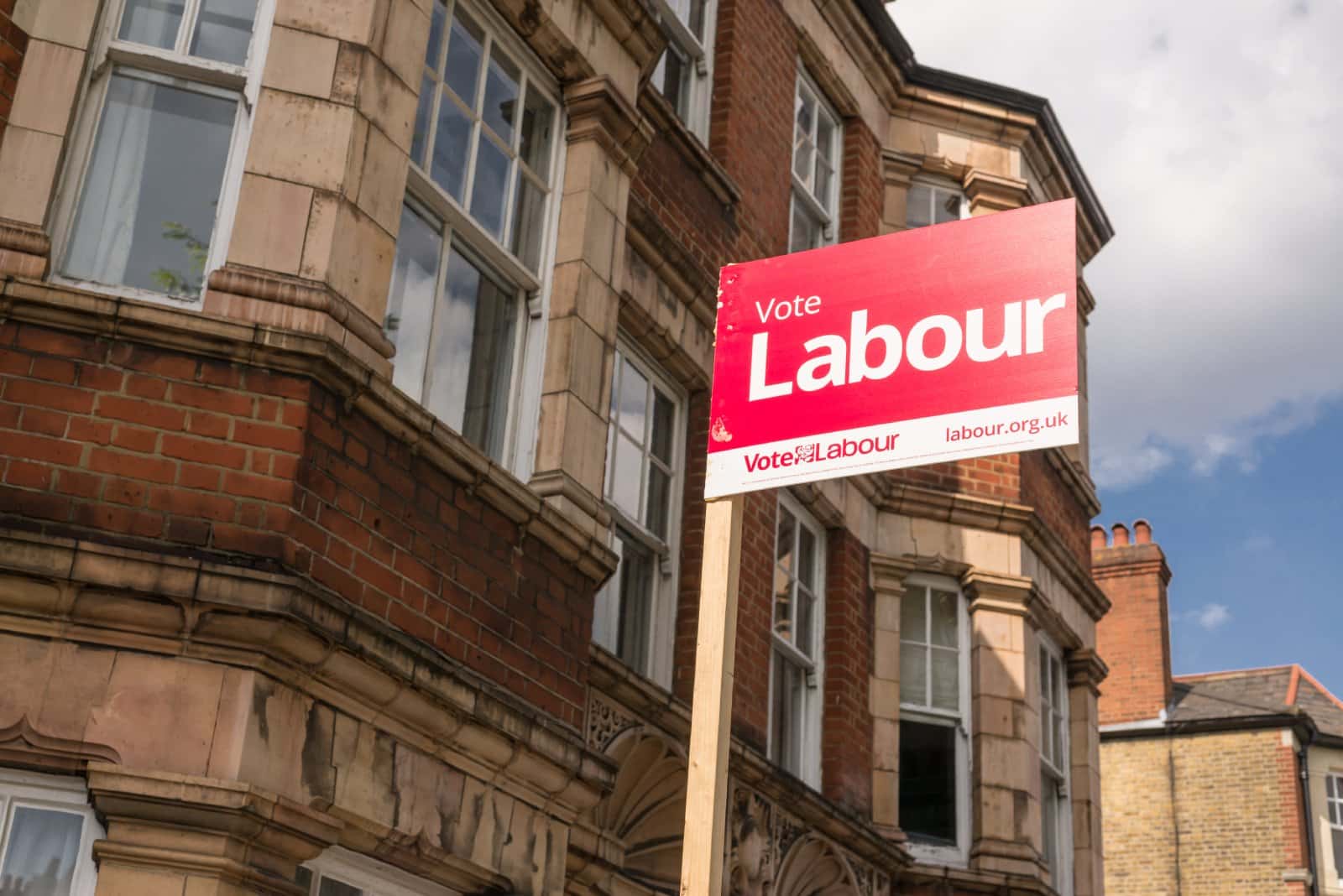
Labour’s shadow Welsh secretary, Jo Stevens, stated, “Concerned by footage of Jacob Rees-Mogg’s treatment by protesters in Cardiff. I disagree with him on almost everything, but we cannot accept a culture of intimidation in our politics.”
“Sacrosanct”

They continued, “The right to lawful protest is sacrosanct, but harassment and intimidation is unacceptable.”
Legitimate Dissent

The protesters, organised by the Welsh Underground Network and Cardiff Communists, defended their actions as a legitimate expression of dissent.
“Imperialist Politician”

The Welsh Underground Network later wrote on X, “We helped organise a demonstration against this imperialist politician. We managed to block the doors, shutting them inside for several [hours]. Mogg left under a barrage of our anger, anger at his Zionism, anger at his cruelty to the working class, anger at his very existence.”
“Legitimate and Peaceful, if Noisy”

Despite the widespread hand-wringing over a politician being briefly inconvenienced, Rees-Mogg described the demonstration as “legitimate and peaceful, if noisy.”
“Lawful Protest”

Rees-Mogg stated later, “The Cardiff University security team was exemplary in allowing a lawful protest while keeping everyone safe.”
“Bastions of Free Speech”

He continued, “Universities ought to be bastions of free speech and as both the protesters and I were able to give our views without fear or intimidation the proper traditions of adversarial debate were upheld.”
Intimidation and Harassment
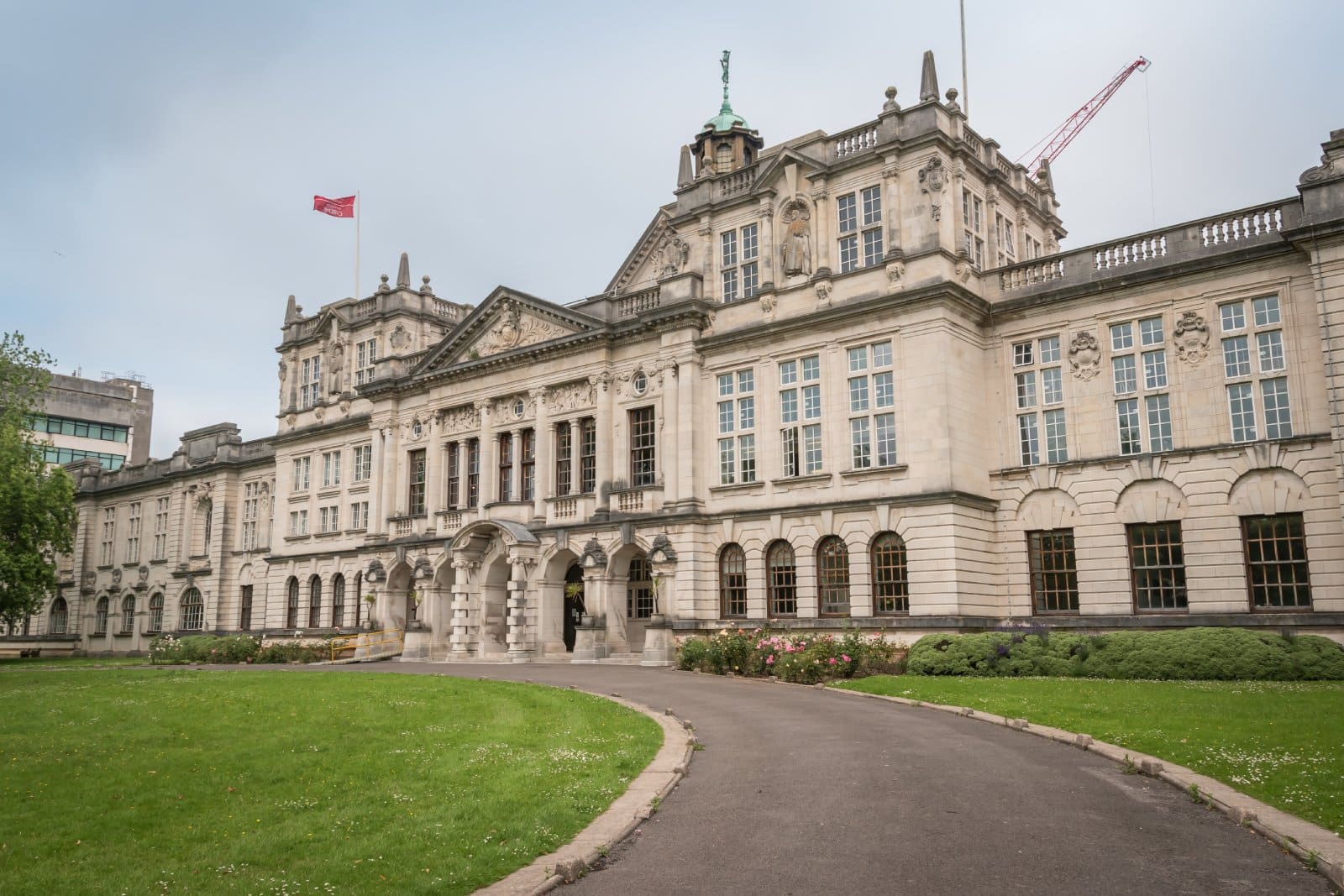
The incident at Cardiff University occurred against growing concerns over political intimidation and harassment.
Official Safety

Recent attacks on MPs, including a campaign of harassment against City of Chester MP Samantha Dixon and threats to kill Brent North MP Barry Gardiner, have underscored the need to address the issue of safety for elected officials.
Free Speech
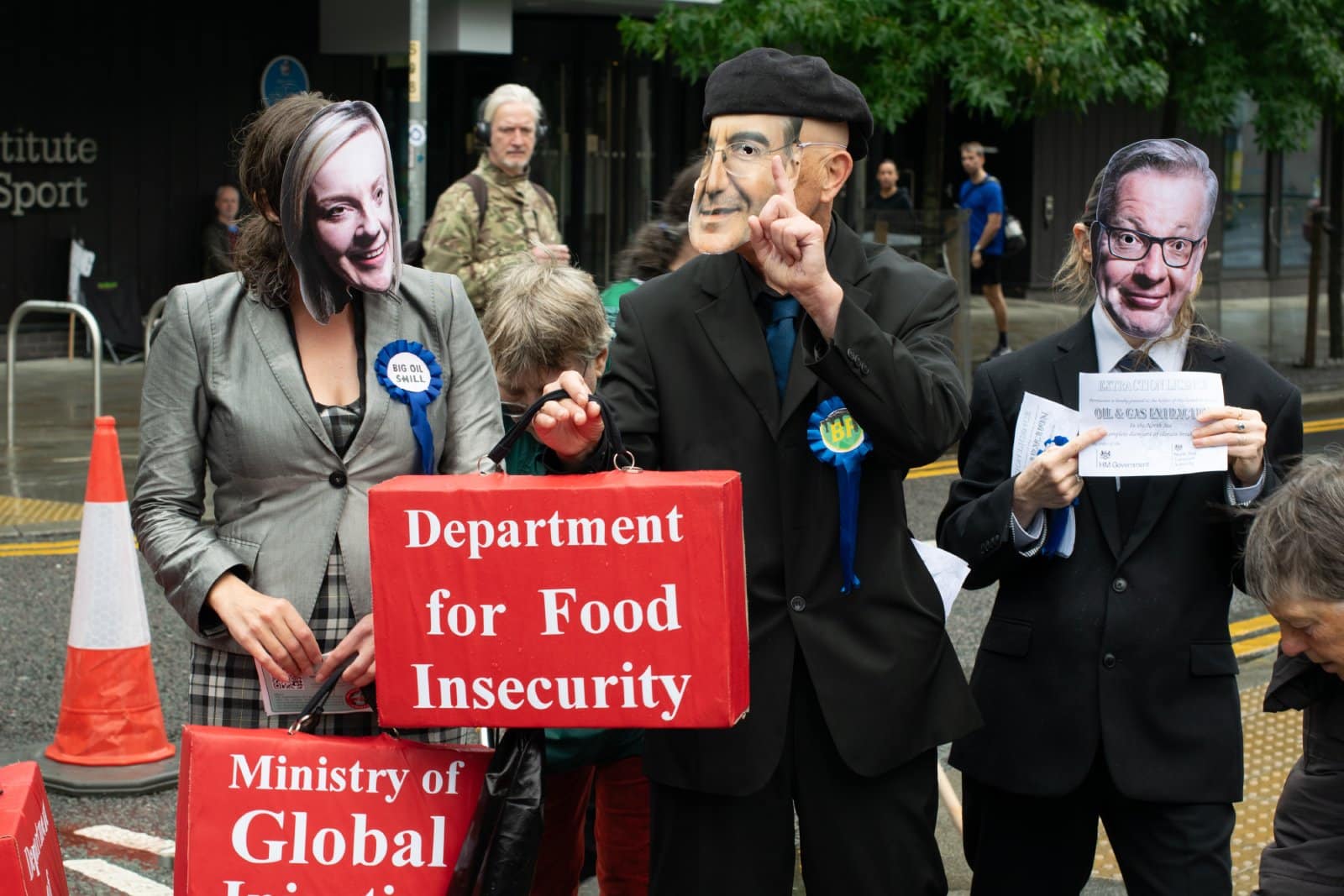
The protest against Jacob Rees-Mogg, despite the man affected describing it as legitimate, has sparked debates on the balance between free speech and protest rights on one hand and the need to ensure the safety and dignity of public figures on the other.
Intimidation and Harassment

While some argue that protests are a fundamental aspect of democracy and should be protected, others contend that intimidation and harassment have no place in political discourse.
Political Activism

The incident at Cardiff University serves as a reminder of the complexities surrounding political activism and the responsibilities of exercising the human right of protesting.
Left-Wing Protests

It is worthy of note that the majority of protests which receive this kind of treatment are usually left-wing in nature and are roundly condemned by the right, which brings their free speech absolutism into question.
Human Right

As the government continues its crackdown on protests and the causes of the protests become more dire, it remains fundamental that a human right as important as holding the powerful to account remains something citizens can practise while also ensuring the safety of politicians.
More Articles Like This…
Broken Britain: 12 Reasons Behind the UK’s Decline
Say the Unsayable: 10 Occasions When Farage Spoke His Mind About Britain
The post “Morons” – Protestors Accused of Getting Personal and Undermining Their Cause first appeared on Edge Media.
Featured Image Credit: Shutterstock / Gina Power.
Grant Gallacher is a seasoned writer with expertise in politics and impactful daily news. His work, deeply rooted in addressing issues that resonate with a wide audience, showcases an unwavering commitment to bringing forth the stories that matter. He is also known for satirical writing and stand up comedy.

